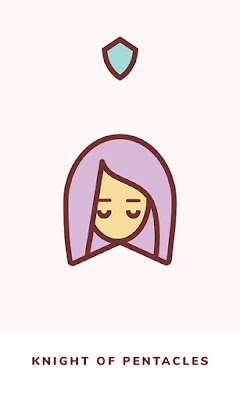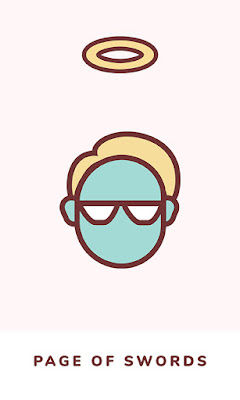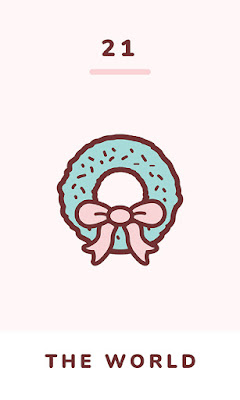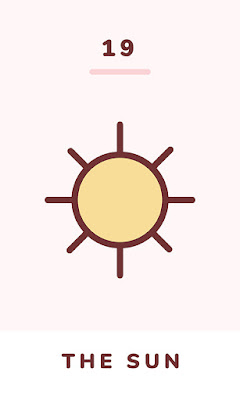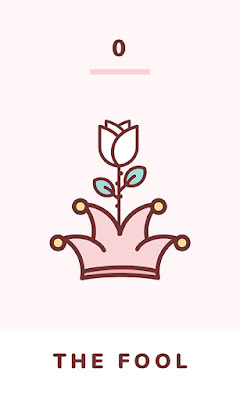I won't keep you in suspense: it's saying No. Working smarter not harder is going to get you only so far, and if we're honest, a lot of smart working is saying no to certain things anyway.
But how does one say No?
The curse of the era we live in is that we believe there is so much that we should say Yes to. The promise of the World Wide Web is just that: an interconnected world. But the world we are given easy access to is just so much garbage most of the time. It's a slightly more heightened version of the one available on television, which is itself a dumbed down version of the one available in books. A richer world is out there, but it's hidden in plain sight beneath the shiny glow of the baubles displayed by the internet.
I bring this up because, for the umpteenth time, I've listened in on a conversation in which people are concerned with Time Management (as well as the latest in gaming and television), and the intensity of these conversations might convince someone that distraction -- or Attention Deficit Disorder -- had been invented in the last two decades. But that is not true. What might be true is that the level of distraction has ratcheted up past what anyone could imagine.
Or couldn't they? Actually, haven't people been warning us about what mass media could do for decades? Neil Postman warned us in Amusing Ourselves to Death that Orwell's nightmare of Big Brother was irrelevant in a civilization that had chosen to make a god out of Entertainment; Carl Sagan saw that as our technology became more complex, many of us would backslide into superstition and revel in our ignorance; and Kurt Vonnegut described a society that was going to disguise the fact that it wasn't allowed to talk about substance by screaming about whatever was still left to us.
As far-seeing -- let's even call them visionary -- as these authors were, I don't think even they saw the sleight of hand that was going to be pulled on us in the twenty-first century. The usage of our modern technology -- small enough to fit into your pocket, more powerful than the Manhattan Project scientists could dream of -- gives us the illusion that we are participating in this movement called Technological Progress while we are, in fact, being commodified. We think we are using our technology to be more connected, but really we are connecting ourselves to a marketplace that listens into what we are already interested in and, like the best marketers in retail and politics, uses that information to convince us to buy what's already out there. We think we are choosing to watch and play the most cutting edge entertainment offered by Hollywood and Silicon Valley, but really many of us can't say no because we are addicted to the prospect of being entertained.
Raj Patel, who has written more recently, had the great insight that the opposite of choice isn't coercion but instinct: if we have been participating in a marketplace from before the time we could consent -- before we were even born, in many instances -- our very "gut feelings" have been shaped to accommodate market values. Every other kind of value -- moral, political, intellectual -- will be indulged only to the point where it doesn't inconvenience said market.
If you don't feel in control of your time -- and the life that it is filled with -- congratulations for realizing something that many are not yet able to see. You are not in control of your time because you are not in control of your attention. You cannot say No when you hear a demand, not a question.
 |
| This is a question |
When you are being given thirty-nine different versions of chips in the snack aisle, you don't have thirty-nine options, but two: buy the chips, or walk away. (If one option has thirty-nine different varieties and the other has only one, what is the math weighted toward once you're in that aisle?) When you have available over fifty services for streaming in the United States, again, you really have two options: watch a program on one of the services, or walk away. (When each option has hundreds of programs per service, and there isn't a lot of drama inherent in walking away, what is the math weighted toward once you open up your device?)
Even those of us in a Community Supported Agriculture program will have to walk into a supermarket at some point, and once there it's difficult to avoid the snack aisle. By the same token, even those of us who are committed to spending as little time as possible on screens have to open them at some points, and once there it's difficult to avoid being plagued by ads and other "reminders" pointing you to entertainment. What is the solution? I don't know. But what I do know is that the more we remind ourselves that we are being asked, not told, we can start to say No more frequently.
Deb in the City








